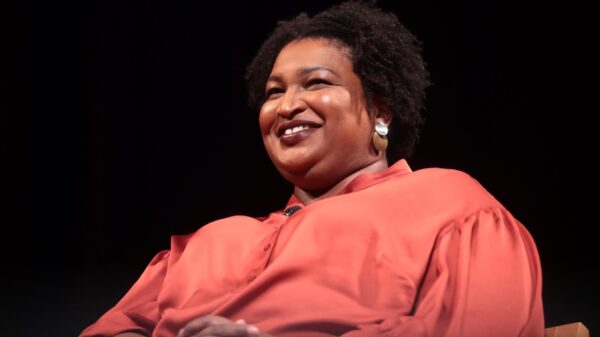On Friday, President Biden will be hosting President Ramaphosa at the White House. The meeting is intended to reaffirm the importance of the strategic partnership between South Africa and the United States. It comes after a meeting between Secretary of State Blinken and President Ramaphosa on the sidelines of the U.S.-South Africa Strategic Dialogue last month. There, Secretary of State Blinken declared that the United States government would continue to invest in this “robust, dynamic, and mutually beneficial partnership.” Those remarks followed a call between President Biden and President Ramaphosa in the aftermath of the Russian invasion of Ukraine. At that time, President Biden stressed the need for a clear and unified international response to the incident given the potential impact that it would have on regional and global security interests. His request appeared to fall on deaf ears. The Ramaphosa Administration resisted the call to become “embroiled in the politics of confrontation and aggression that has been advocated by the powerful countries.” Instead, South Africa trod down the path of non-alignment and advocated for a negotiated settlement, much to the chagrin of many Western governments.
Over five months later, major power competition remains one of the most significant problems for the strategic partnership between South Africa and the United States. The Biden and Ramaphosa Administrations not only have struggled to identify mutually acceptable ways to address the global security challenges arising from the Russian invasion of Ukraine and the distinct threat of a Chinese invasion of Taiwan. Finding mutually acceptable solutions for many of the regional and national security challenges posed by major power competition on the continent of Africa has been a real challenge. To be clear, the Biden Administration is not solely responsible for these diplomatic failures. However, the United States government must do more than simply acknowledging South Africa as a “major geopolitical force” to resolve these impasses. A good start would be to engage South African counterparts “as equal partners” and be willing and able to ‘talk frankly’ more often. Without such a pragmatic turn, the Biden and Ramaphosa Administrations will continue to find it difficult to identify mutually acceptable ways to address the national, regional, and global security challenges posed by major power competition around the world, much to the delight of China and Russia.
Michael Walsh was the chair of the Asia-Pacific Security Affairs Subcommittee on the Biden Defense Working Group during the 2020 U.S. Presidential Campaign.
Phiwokuhle Mnyandu is a lecturer in the Departments of African Studies and World Languages at Howard University.
***Correction was made to change “Thursday” to “Friday” in the first sentence, as the meeting actually took place on Friday.***







